2025 Bertha
Challenge Fellows
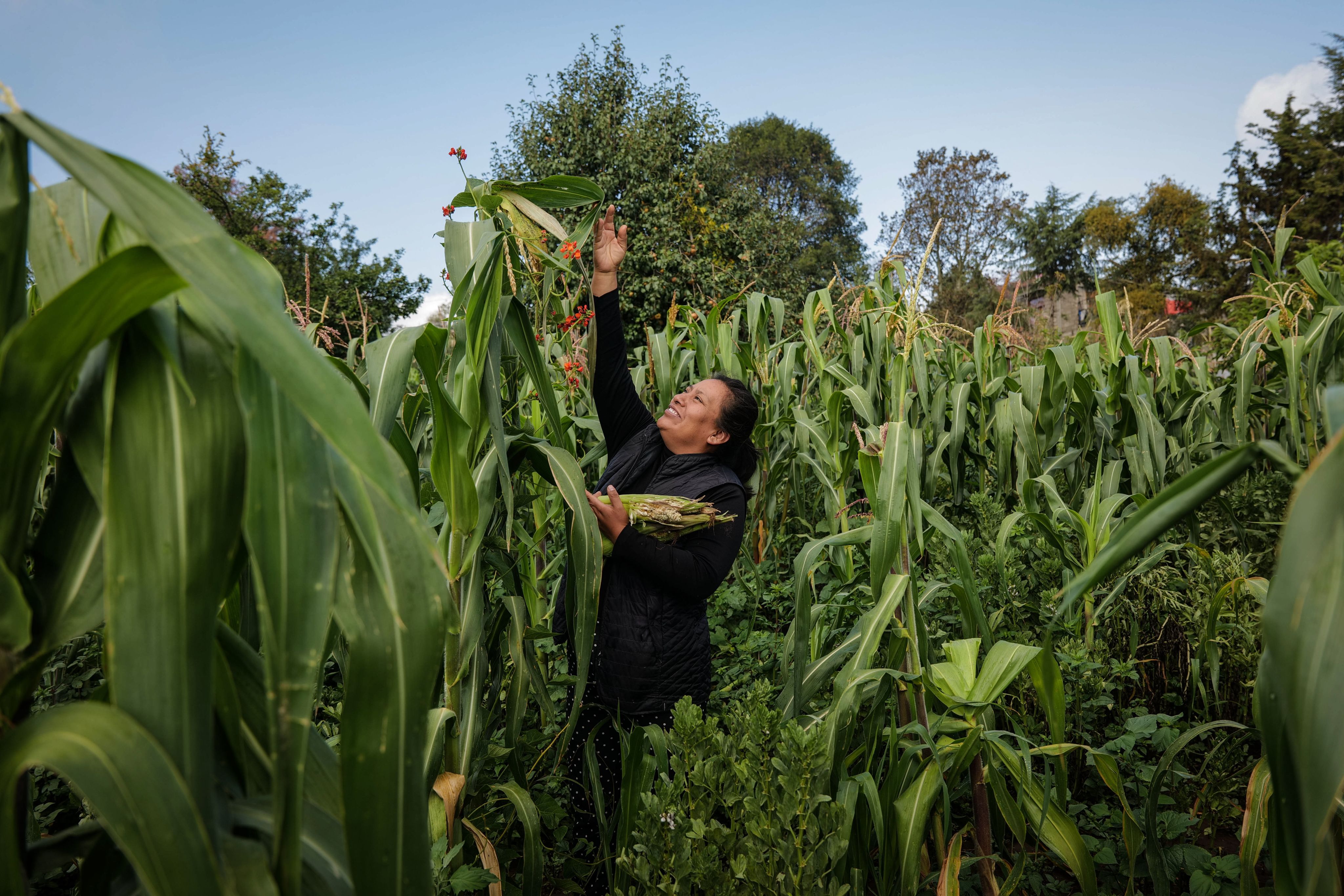
Cynthia Gichiri
Location: Kenya
Host Organization: Africa Uncensored
Cynthia Gichiri is a multimedia journalist based in Nairobi, Kenya. With a passion for investigative journalism, and gender and climate change reporting, she has made a mark in the Kenyan media landscape as a senior reporter at Africa Uncensored, an online media house renowned for its commitment to producing impactful investigative and in-depth documentaries.
Cynthia’s investigative journalism has exposed failures and loopholes in agriculture that have resulted in economic and social injustices against farmers. Her latest project, ‘Poison PR’ – a collaborative investigation with Lighthouse Reports and other global media - exposed a secret network protecting the sale of harmful pesticides including paraquat, which is linked to Parkinson’s Disease. She aims to pursue this theme for the 2025 Bertha Challenge, where her work will examine the murky policies and alliances surrounding seed ownership and distribution in Kenya.
“This Fellowship is perfectly timed fitting into telling stories on agriculture and the impact of political and corporate policies on this key sector of the Kenyan economy. The Bertha Challenge will allow me to travel to far-flung areas, and obtain crucial data while collaborating with local journalists and scientists.”
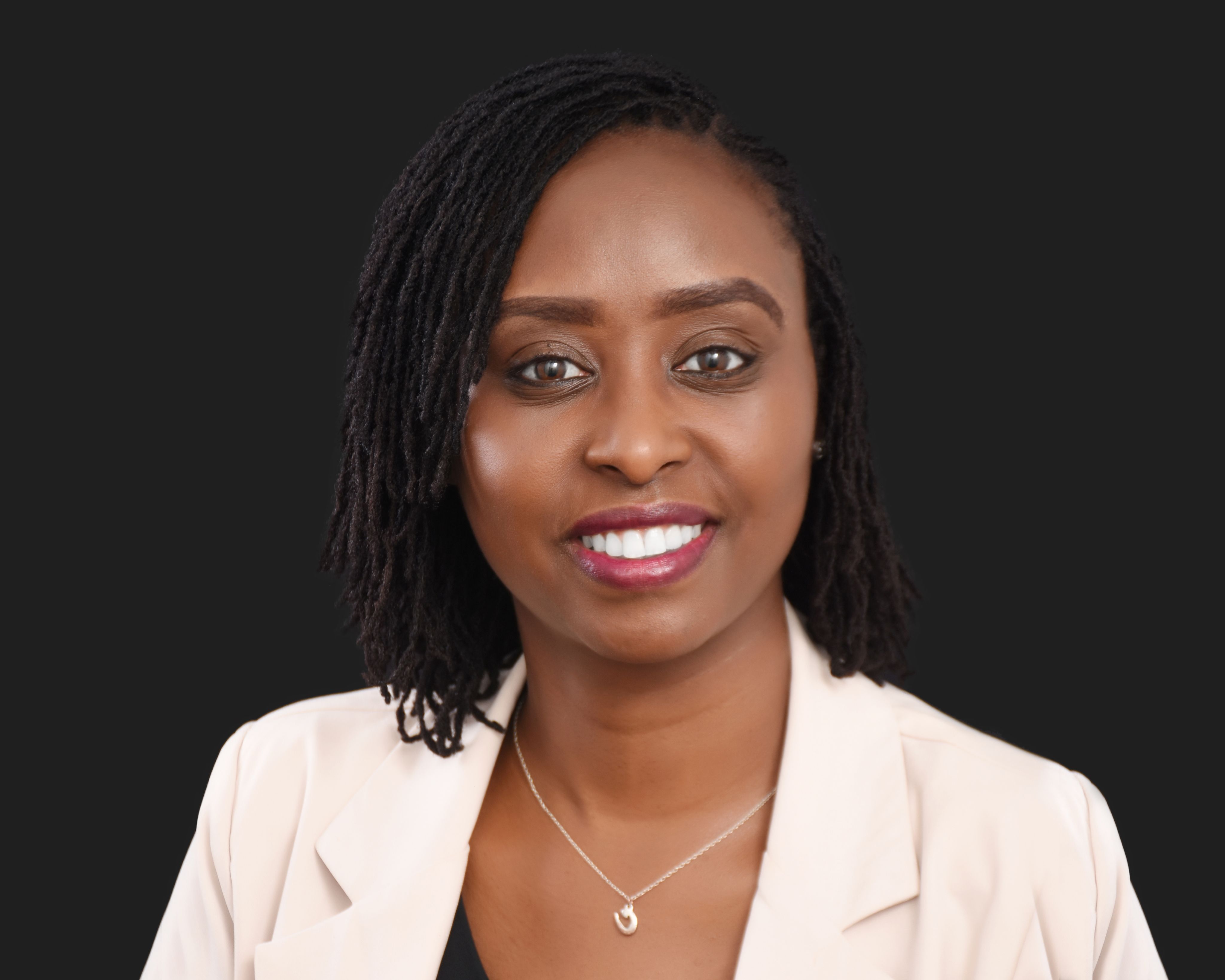
David Santa Cruz
Location: Mexico
Host Organization: Comestible.info
David Santa Cruz is a journalist and editor working beyond the Mexican borders in Latin America. He has collaborated with more than 40 media outlets in 25 countries on political, social, economic and financial issues. David has a Master’s degree in international studies from UTDT (Argentina) with an academic exchange at Uniandes (Colombia). He received the Rostros de la Discriminación Journalism Award (Mexico, 2022) for his short documentary about Mexican children searching for their disappeared relatives. In 2023, alongside a group of friends, he founded the food journalism media outlet Comestible.info with support from the Google News Initiative and Sembramedia.
As a Bertha Challenge Fellow, David will investigate state capture by agribusinesses in Mexico that has allowed the national palm oil extractive project to continue through five successive governments, from center, right and left political inclinations. His work will include investigating how individuals - mainly women - and their communities, organize to resist corporate and political power in order to protect the environment and land.
“My way of understanding the world is by writing about it. I want our audiences to see that the links between the people who consume and those who produce have a global impact on the environment, politics, culture and the economy. Nowadays we know almost everything about how palm oil crops damage the environment. What we do not know are the names of the final beneficiaries of this destruction.”
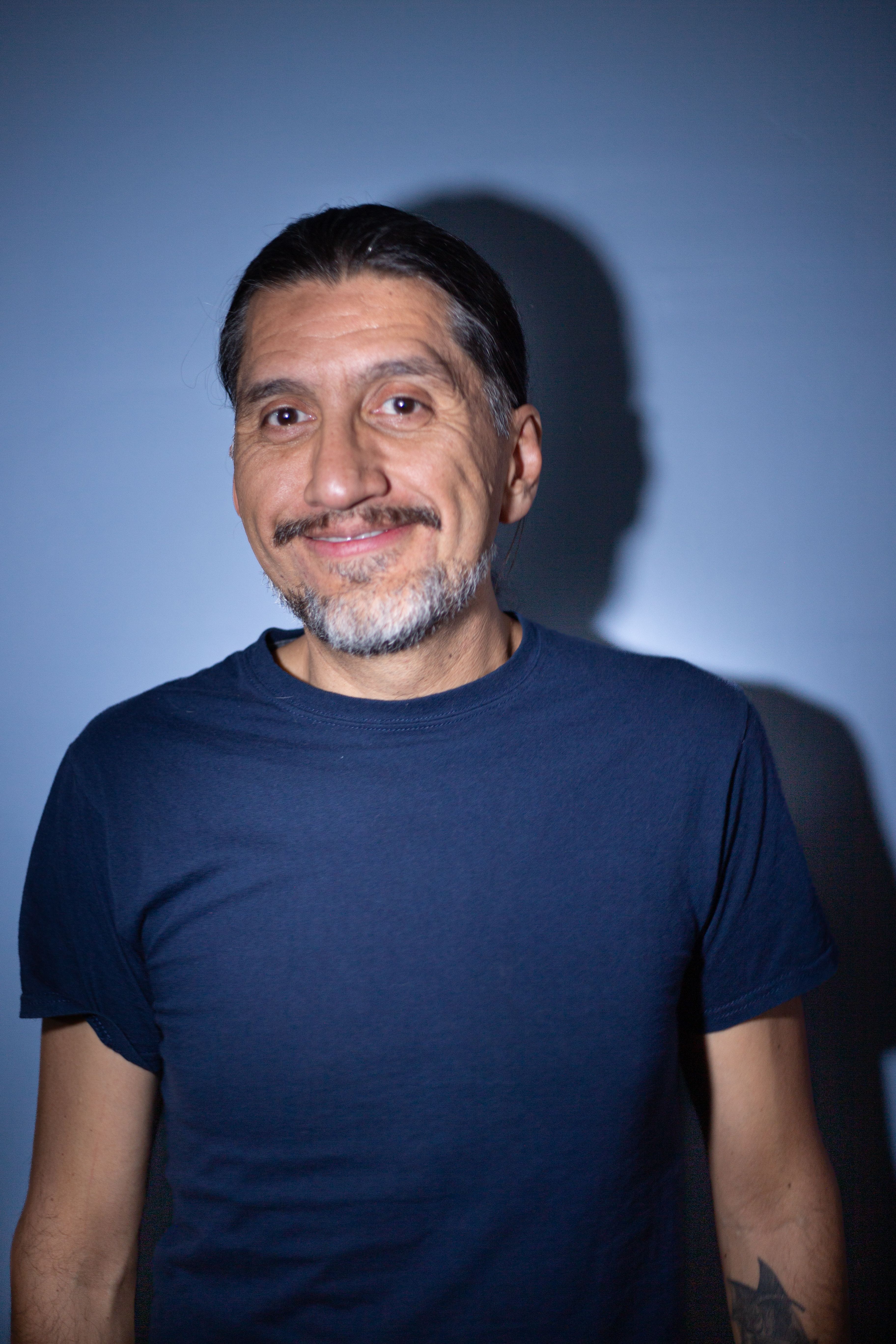
Eman Mounir
Location: Egypt
Host Organization: Muwatin Media Network
Eman Mounir is a data and investigative journalist from Egypt. Her work focuses on climate change and environmental issues in the MENA region. Among her notable achievements, Mounir received the Covering Climate Now Emerging Journalist Award in 2024 and the New Media Award from Bournemouth University for her investigation titled ‘Black Beaches.’ She also won first prize for science journalism from the Goethe-Institut for her report ‘Women Without Vaginas or Genitals.’ Additionally, she has been recognized with two awards (Best Female Entry and Digital Media) from the Nile Basin Initiative for her investigation ‘Death in the Lake.’ In 2023, she became a fellow with the Pulitzer Center Ocean Reporting Network, focusing on environmental stories related to the Arab region.
For her Bertha Challenge project, Eman will produce data-driven investigations exploring the effects of climate change and desert reclamation on oases in Egypt.
“At the heart of my work is a deep respect for the dignity of the communities who read my work. I have witnessed firsthand how climate change and development projects are displacing indigenous communities, depleting scarce groundwater resources, and exacerbating the environmental and social vulnerabilities of farmers.”
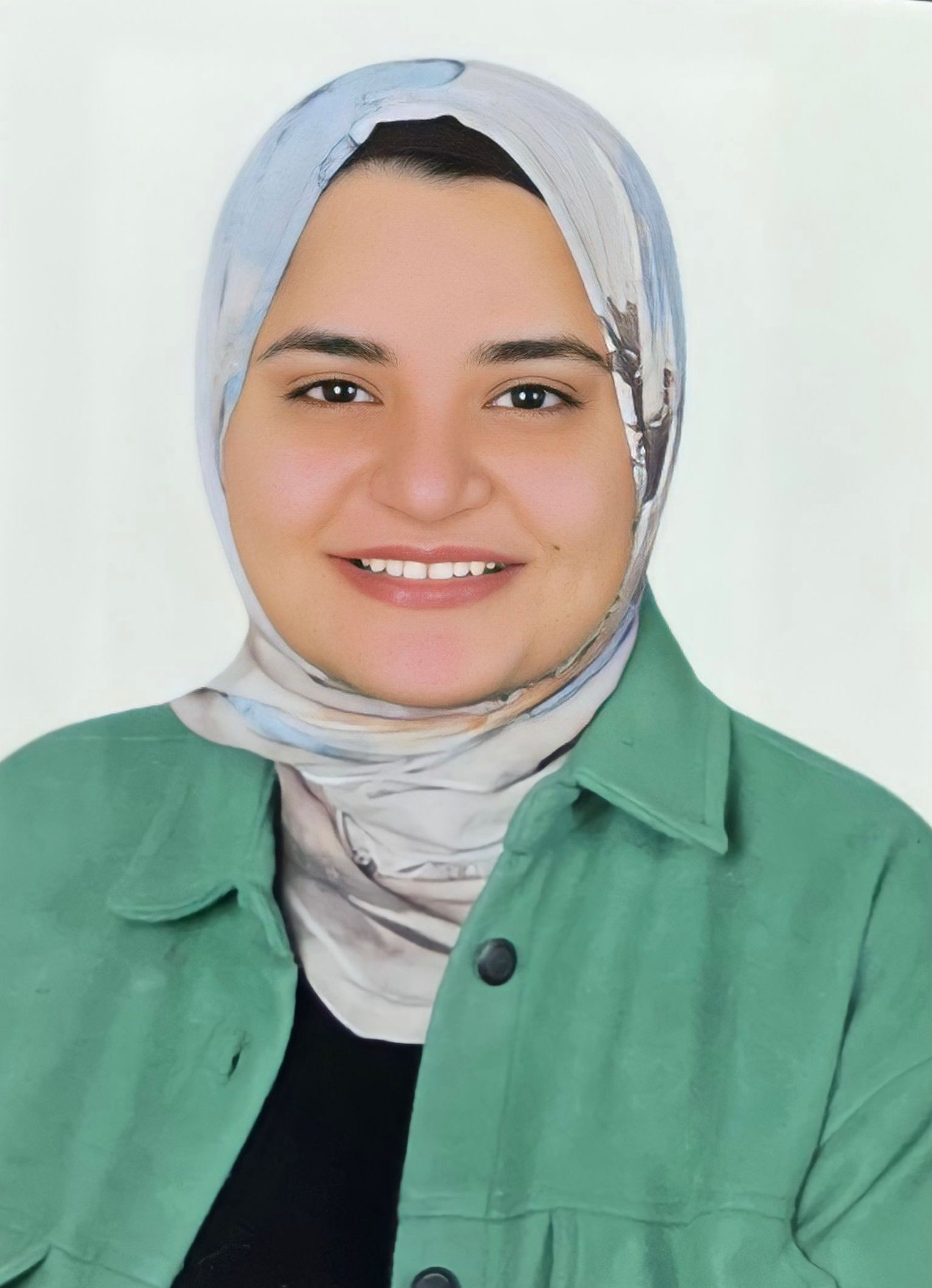
Fabiola Torres
Location: Peru
Host Organization: Salud Con Lupa
Fabiola Torres is an investigative journalist with 20 years’ experience, specializing in topics that sit between public health, the environment and human rights. She is a founder of the digital media outlet Salud con Lupa and member of the International Consortium of Investigative Journalists (ICIJ). She has participated in three of the largest collaborative projects in the history of journalism: the Panama Papers, the Paradise Papers, and the Implant Files. In 2024, she was part of the team that won second place in the Javier Valdez Latin American Investigative Journalism Award for the series ‘Nicotine Networks: New Products, Old Practices.’ In 2021, Stanford University's Big Local News program supported her project ‘The Other Peru’, which documented the pandemic's impact on Indigenous communities in the Peruvian Amazon.
As a Bertha Challenge Fellow, Fabiola will investigate the role of fresh fruit and vegetable agro-exporters in the water crisis affecting coastal regions of Peru, and lessons for the sustainable use of water for agriculture in the context of climate change.
“I have a firm conviction that journalism empowers people by giving them information to defend their rights and contribute to social change. I want to shift and mobilize public opinion in order to stop abuses of power by corporations that have such an impact on water and the lives of thousands of small farmers in Peru.”
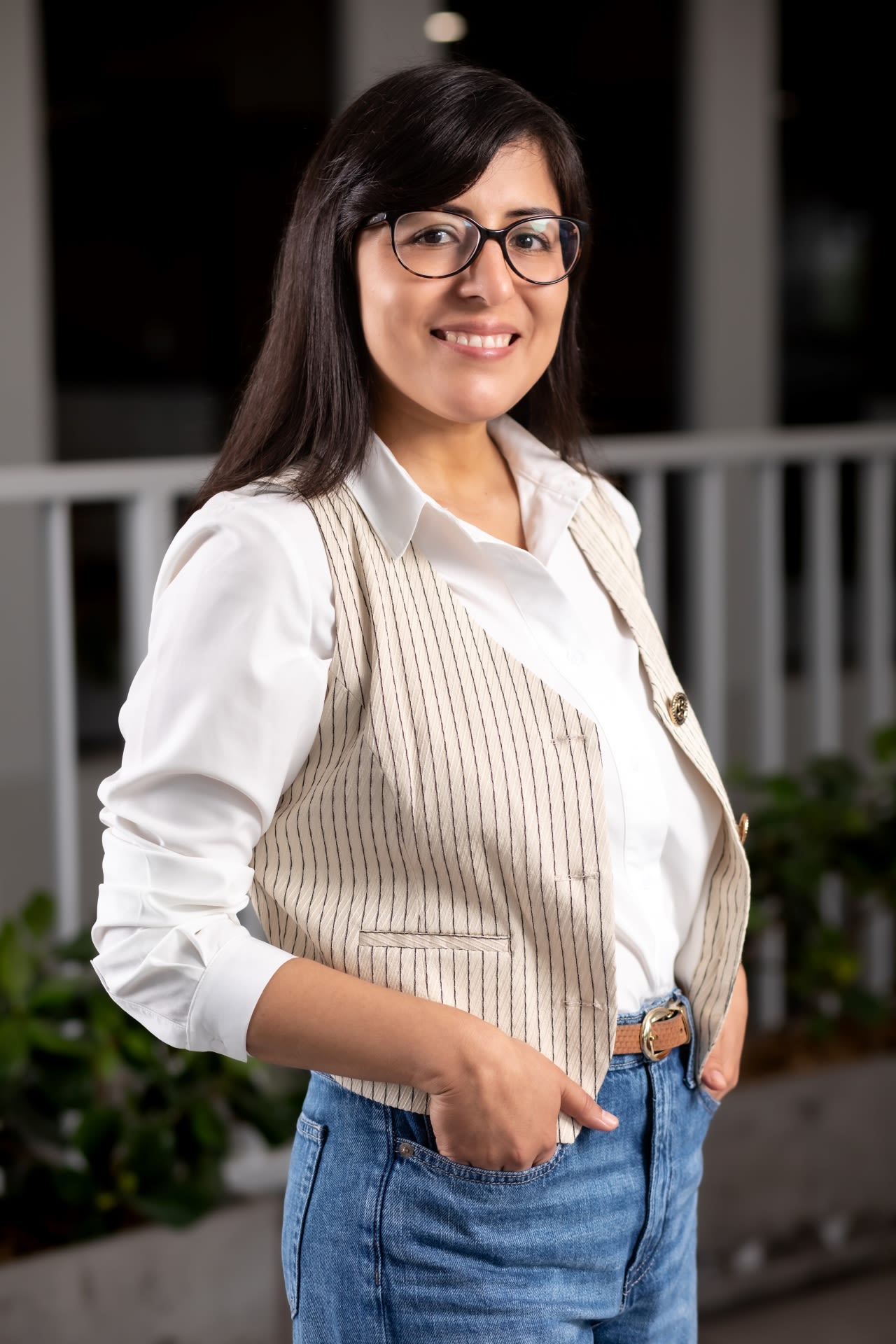
Ge Styles
Location: UK
Host Organization: Smoke Trail Productions
Ge Styles is an audio investigative journalist based in the UK with a specialization in food, farming and climate justice. Her audio work spans narrative storytelling, investigations and global current affairs and has been featured in UK and international media outlets such as the BBC, Mongabay and Deutsche Welle. Her global reporting seeks intimate stories that tackle some of the biggest issues of our time and works to center voices that are often left unheard.
For her Bertha Challenge project Ge will focus on the exploitation of migrant labor on British farms, investigating the links between large corporations, political power and the climate crisis.
“I am driven to expose corporate and governmental injustice in the British food and farming sector. I am drawn to tell intimate, relatable stories that tackle big issues. My connection to the food, farming and climate justice movement in the UK runs deep.”
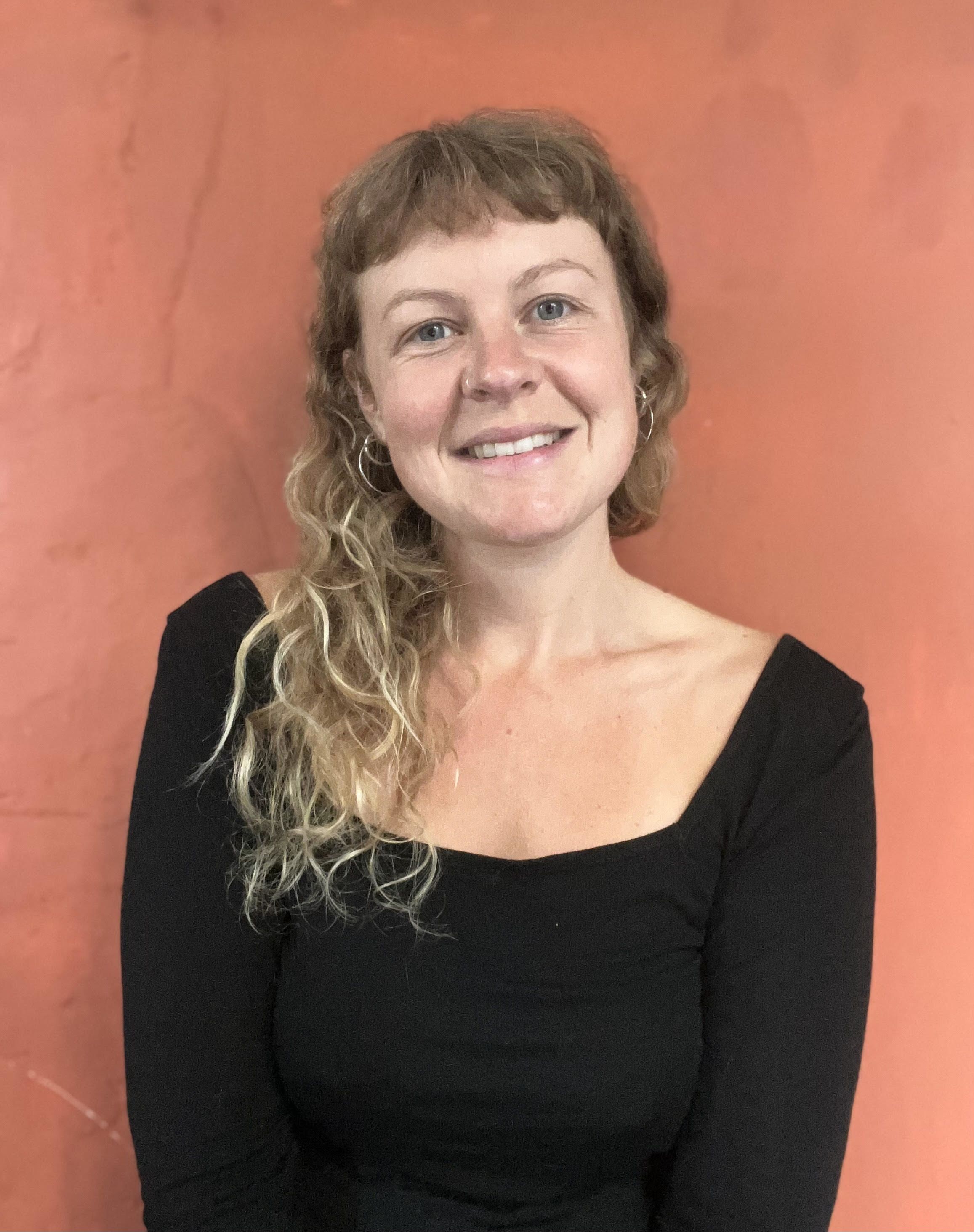
Herbert Docena
Location: Philippines
Host Organization: RIGHTS
Herbert Docena seeks to contribute to strengthening movements for social justice through his work as an educator, researcher, and organizer. He has conducted research on militarization, neoliberalization, authoritarianism and other issues affecting oppressed groups in the hope of enabling them to respond to these issues more effectively. Seeking to equip more people with alternative frameworks for making sense of their circumstances, Herbert has also been teaching sociology at a local university in the Philippines.
Herbert’s Bertha Challenge project will investigate and expose developments affecting farmers and fishers in the Philippines. He will look specifically into the case of Sicogon Island in the central Philippines where one of Asia’s most powerful corporations has been constructing a luxury resort. By investigating the conditions under which dispossession is carried out and resistance to it is broken, his project aims to contribute to long-running struggles to defend the commons and achieve environmental justice.
“I pay attention to the larger forces that shape our lives. As an activist I’ve been part of organizations bringing isolated and disempowered individuals to fight effectively against corporations driving out farmers and turning their homes and islands into yet another playground”
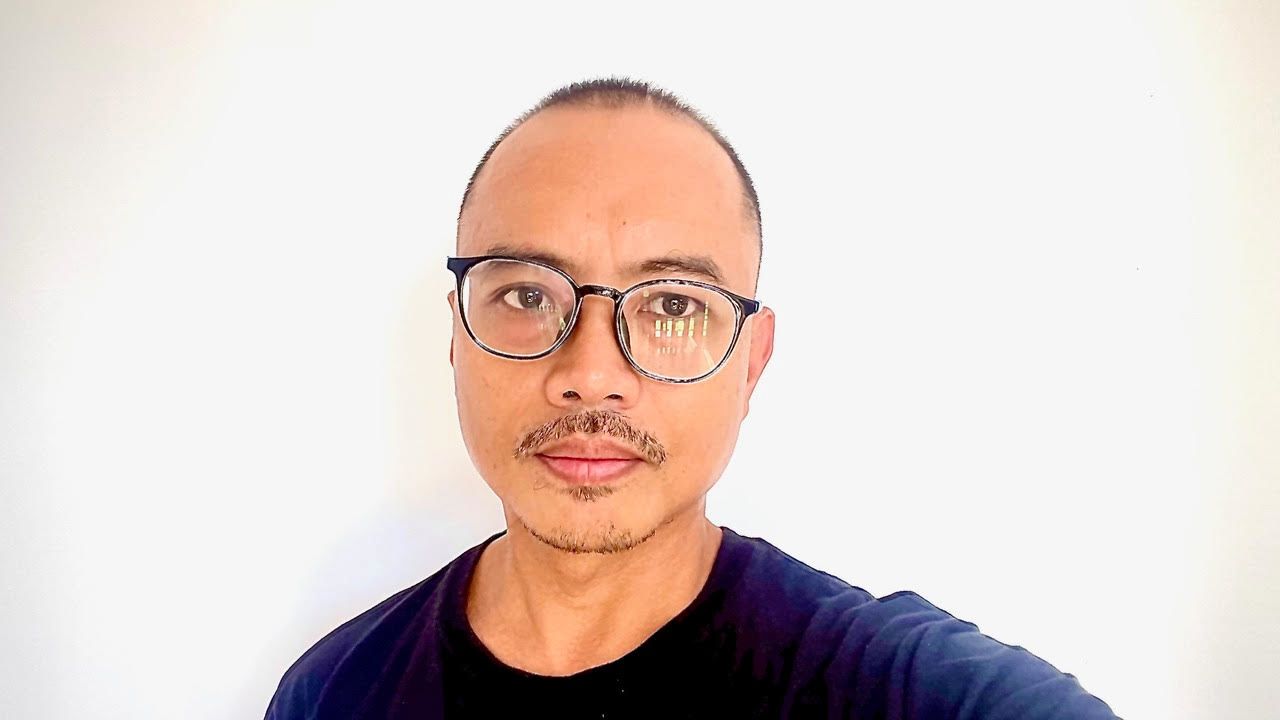
Lily O'Mara
Location: UK
Host Organization: Sustain
Lily O’Mara is an activist and researcher working as a campaigner and Local Action Officer at Sustain, a food and farming NGO based in London. Her work exposes the influence of agribusiness on UK policies, aiming to protect communities from the environmental and democratic impacts of the corporations behind intensive livestock agriculture. She recently graduated with a Masters in Law and Gender studies from SOAS, University of London, during which she spent time in Tunisia researching the gendered exploitation of labor towards women farm workers in the informal agricultural economy.
Lily’s activism draws from years of experience in local government and Sustainable Food Places, a network of over 100 local food partnerships in the UK. Her campaigns include the ‘Every Mouthful Counts,’ project at Sustain, which evaluates local councils' food and climate efforts, and research on agribusiness pollution undertaken with partners including the Bureau of Investigative Journalism.
Through her Bertha Challenge project, Lily will expose the polluting and undemocratic practices of agribusinesses linked to factory farming in the UK, and support communities to challenge them. Lily’s work is rooted in a commitment to a fairer food system that values local voices, environmental health, and democratic integrity.
“Who are the winners and losers of factory farming in the UK agri-food landscape? Who are the communities impacted by factory farming? Over the last two decades there has been a shocking rise in the number of intensive livestock factory farms in the UK. I have worked with local councillors and community groups and witnessed first hand the techniques used by industry lobby groups to co-opt local democratic systems. I also learnt how they can be stopped when communities unite. Achieving this will be a national benefit for the UK. Next up, the world!”
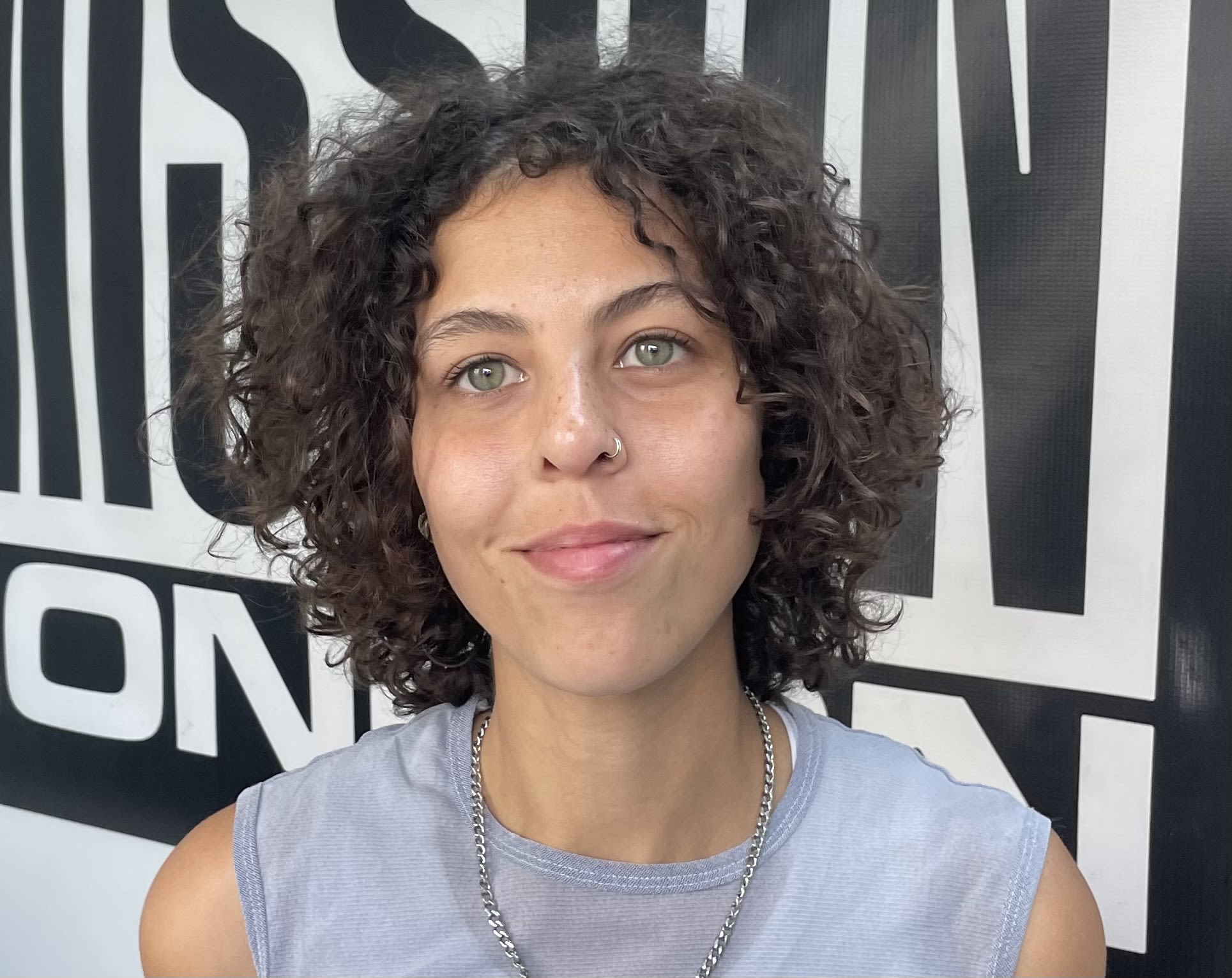
Maximiliano Manzoni
Location: Paraguay
Host Organization: Climate Tracker
Maximiliano Manzoni is a Uruguayan climate journalist based in Paraguay. He founded Consenso, an award-winning investigative newsletter, and is a researcher on climate disinformation for Climate Tracker. In the last 10 years, he has led investigations on climate and disinformation from land rights to carbon markets and agribusiness lobbying.
Maximiliano’s work has been awarded the Gabriel Garcia Márquez Prize for Innovation (2018), the Amnesty International Paraguay Prize for Journalism and Human Rights (2016; 2019) and the National Award in Scientific Journalism (2024). He was also an Oxford Climate Journalism Fellow (2023) and part of the Periodistas por el Planeta and Connectas Hub networks.
For his Bertha Challenge Fellowship, Maximiliano will investigate a growing movement to adopt a new metric for methane emissions that is gaining traction in South America. Are European and United States think tanks collaborating with South American agribusiness, and governments to change the maths of methane emissions in order to deflect responsibility in the climate crisis? He will produce print stories, a podcast and social media videos.
“I am fixated on climate disinformation and agriculture, and how corporations and governments are deflecting their responsibility by co-opting narratives like ‘regenerative agriculture’. Not enough research has been done about how South American agribusiness, supported by their counterparts in the United States and Europe, are spreading disinformation about farming and food production.”
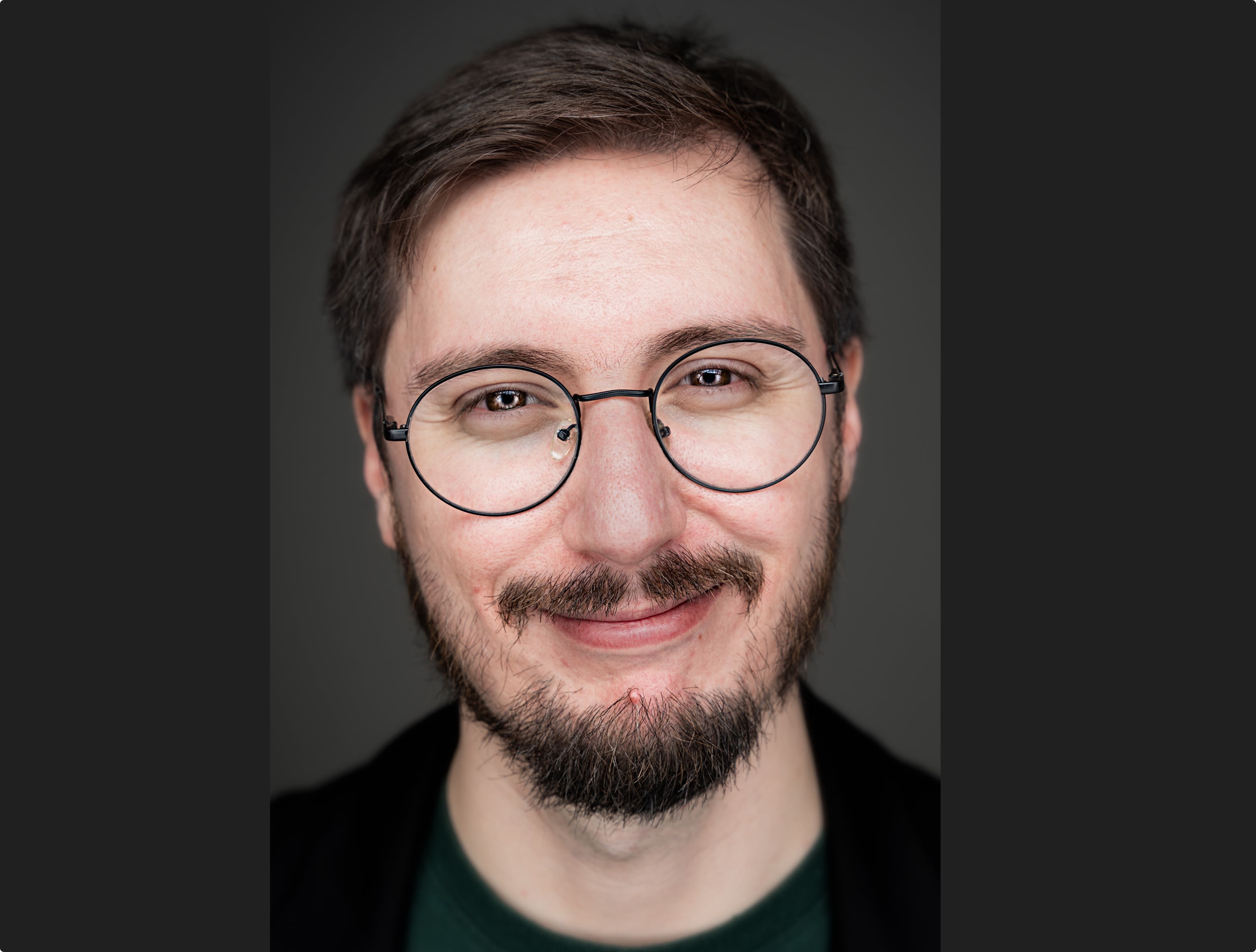
Sumaira Aslam
Location: Pakistan
Host Organization: Saar Digital : Lok Sujag
Sumaira Aslam is an accomplished journalist and documentary filmmaker from Pakistan.
Throughout her career, she has reported from some of the most challenging and volatile regions, including Pakistan’s tribal areas and Afghanistan. Her extensive fieldwork includes coverage of post-9/11 events and producing investigative documentaries such as ‘Kashmir: A War in Paradise’ for Teleproductions International.
Sumaira has produced, presented and reported news and current affairs with global media organisations like the BBC World Service, BBC World Television and Voice of America. Her documentary ‘Pakistan Jihadis’ was nominated for the Best Factual Program award on BBC World’s flagship Assignment series.
During her Bertha Challenge year, Sumaira will investigate the environmental impact of expanding corporate ownership of farmland in Pakistan.
“Where the land stretches endlessly under a vast, azure sky, is a unique ecosystem that has sustained herdsmen for generations. This arid landscape, with its undulating topography, sparse grasses, and resilient flora and fauna, has been a haven for nomadic communities and their grazing animals. Today formidable corporate and political interests are challenging this.”
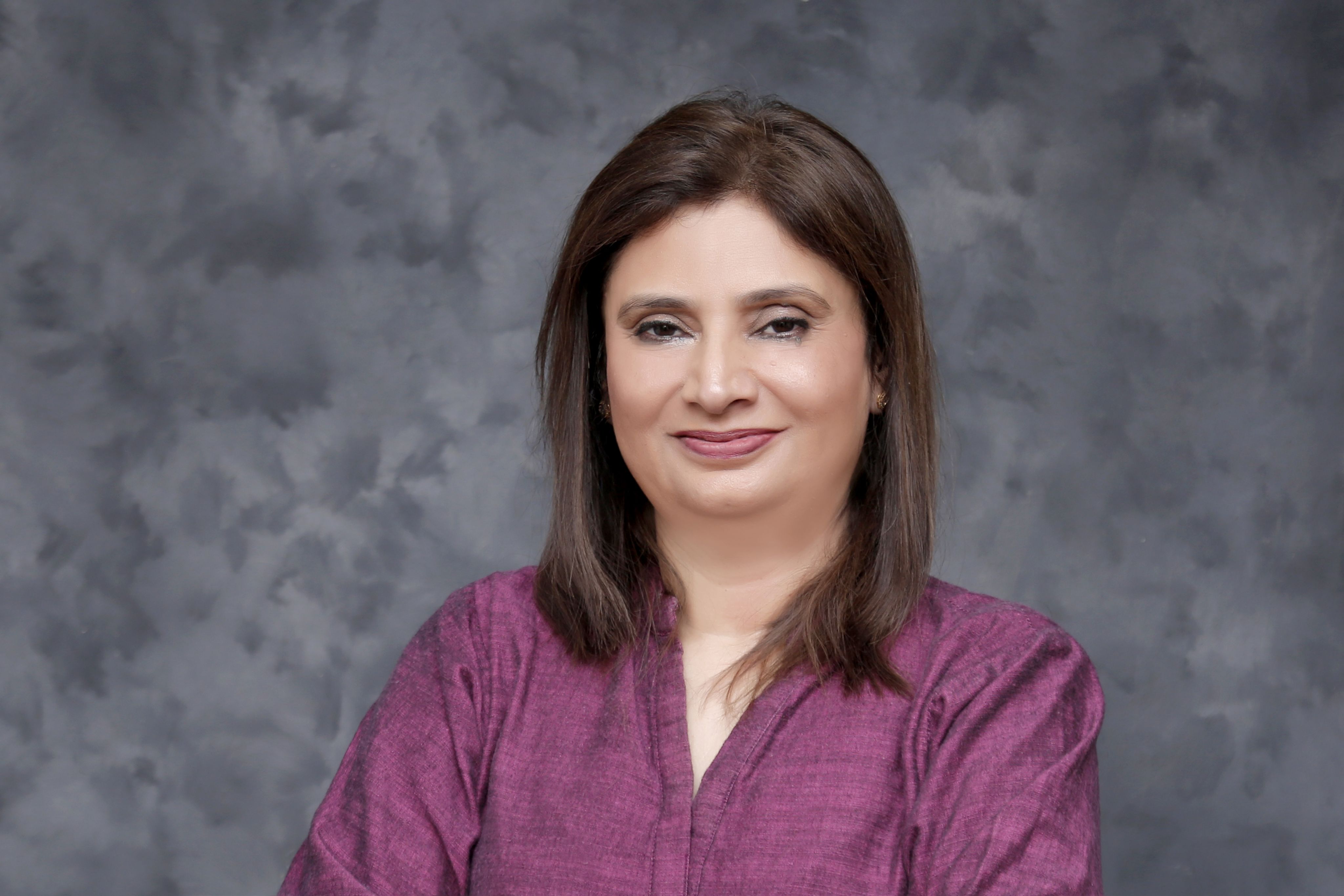
Stefano Liberti
Location: Italy
Host Organization: Internazionale
Stefano Liberti is an award-winning journalist and filmmaker. He is a contributor to many European magazines, such as Internazionale, Le Monde diplomatique, El Pais and Al Jazeera English. His first book, A sud di Lampedusa (‘South of Lampedusa,’ 2008), was awarded the Indro Montanelli prize for writing. He has subsequently written Land Grabbing. Journeys into the New Colonialism (2011), and his latest book, Tropico Mediterraneo (‘Mediterranean Tropic,’ 2024), which has been described by the author Amitav Ghosh as a ‘thought-provoking and immersive expedition across the troubled waters of the Mediterranean’.
As a filmmaker, Stefano has directed many movies, both for television and for cinema. His latest documentary ‘Soyalism’ (2018) is a global investigative journey through the pork supply chain and the related soybean monocultures. It has been awarded many prizes and been broadcast around the world.
Stefano’s Bertha Challenge project focuses on the Po Valley in Northern Italy, more specifically on how the agricultural production model based on concentrated livestock operations and corn monoculture is affecting the environment and contributing to climate change.
“The urgency of the climate crisis pushed me to investigate the link between food production and global warming. A huge amount of European funds in agriculture goes towards the production of animal-based food while one third of Italian farms have shut down. I’m looking at the desertification of the Po Valley and I want to put this issue at the center of the public debate”
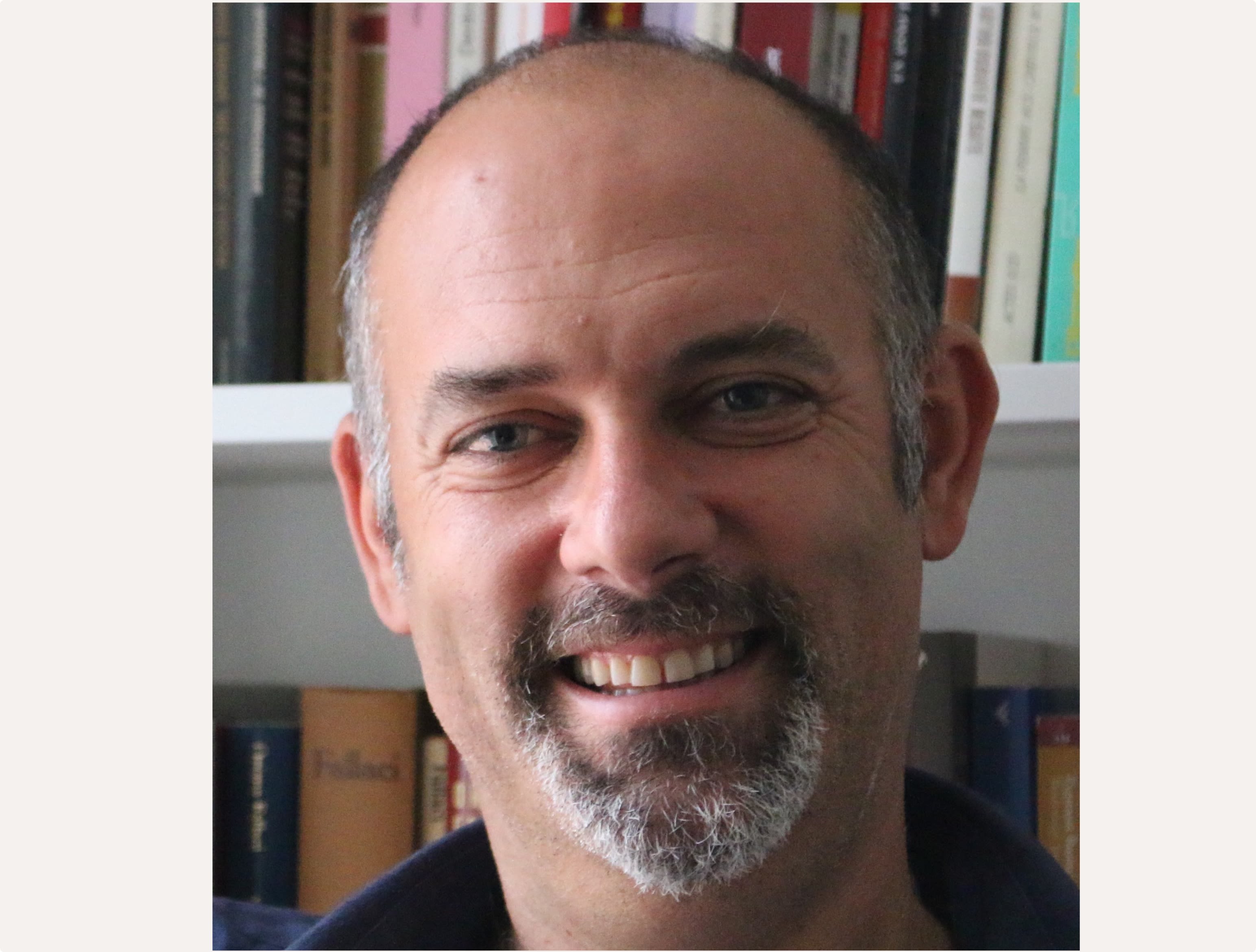
Szőcs-Boruss Miklos Attila
Location: Romania
Host Organization: ALPA - Land for Life
Szőcs-Boruss Miklos Attila will work with investigative journalist, Tünde Szabó, during his Fellowship year. He is a dedicated farmer, activist and community leader based in the bioregion of Țara Călatei in Transylvania, Romania. As the founder and acting president of ALPA – Land for Life, Attila works towards protecting and stewarding farmland while promoting agroecology, and enhancing biodiversity. ALPA’s mission is to establish a regenerative food system and resilient socio-ecological landscapes by securing land access for new farmers and fostering environmentally and socially just agricultural practices.
For his Bertha Challenge Fellowship, Attila will create a one hour documentary exploring agroecological solutions and systemic challenges within the local food system. Additionally, he plans to host a series of bioregional festivals and publish a report on the future of farming in the region. With a history in grassroots advocacy and multimedia storytelling, Attila is committed to empowering rural communities and transforming the food system in response to climate and biodiversity crises.
“Courage is to pick up the flag when needed. I come from a peasant family background and I tell stories about environmental justice in times of multiple crises. In this digital era, I leverage technology and media towards social change. I am an activist fine-tuning my skills to follow corporate money, expose destructive multinational investment funds grabbing land. I’m active in creating transparency, promoting a fair and just food system - that alleviates the climate crisis, not deepens it.”
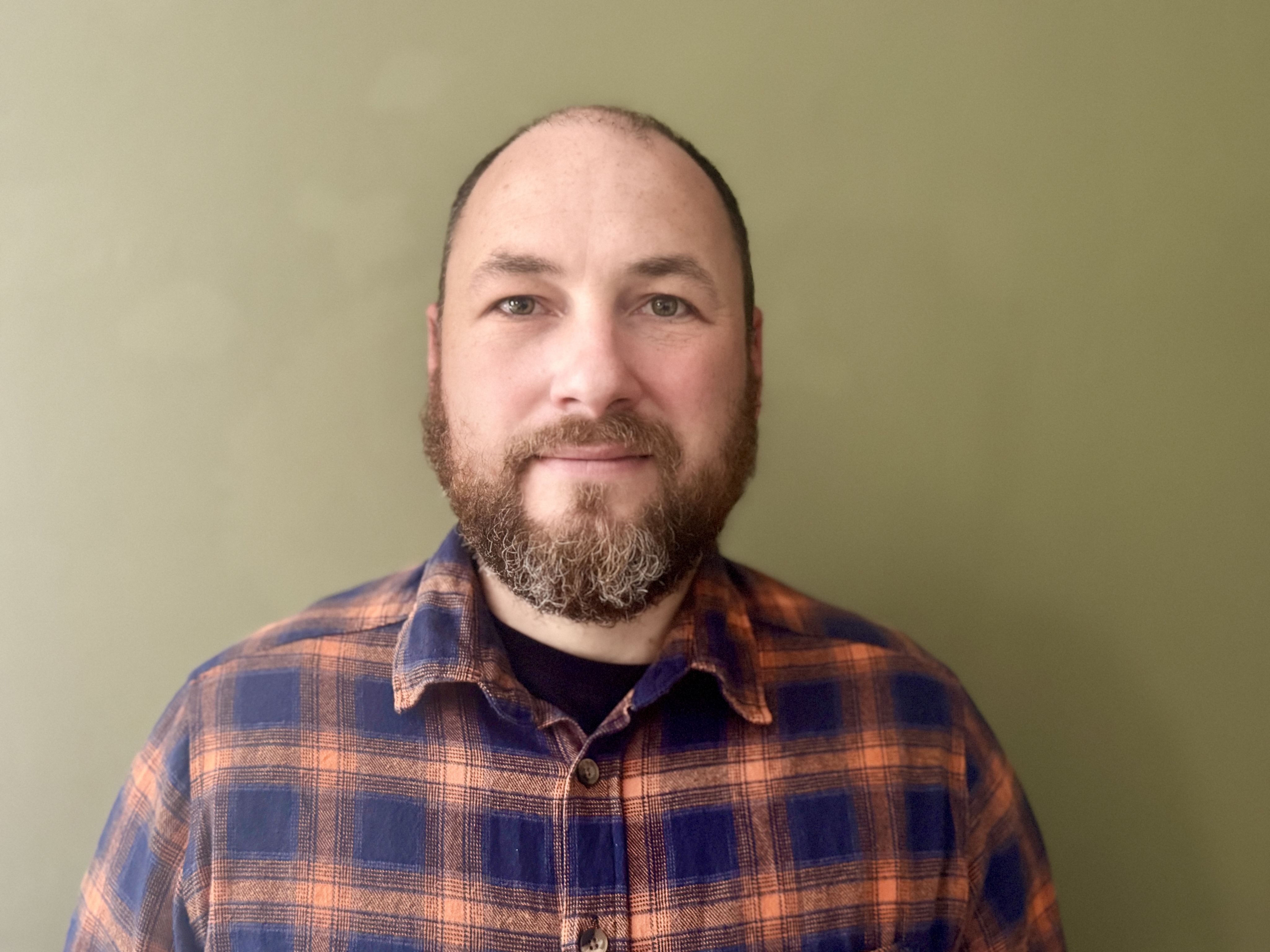
Tünde Szabó
Location: Romania
Host Organization: Átlátszó Erdély
Tünde Szabó will partner with activist, Szőcs-Boruss Miklos Attila for her Fellowship year. She is the editor of Átlátszó Erdély (‘Transparent Transylvania’), an investigative project that reports to and on the Hungarian community of one million people in Romania. Átlátszó Erdély investigates abuses of power and abuses of public money in urban and rural Transylvania, where the lack of transparency harms individuals and communities.
Tünde joined Átlátszó Erdély shortly after its launch in 2015 - first as a volunteer, then as a full-time reporter and editor. In the last five years, she has written stories about the unfinished land restitution process in Romania; toxic leadership in regional political and cultural organizations; the implementation of minority language rights; shortages of drinking water even amidst a publicly funded development; and about the brutal and multiple abuses of children in a private network of children’s home.
For her Bertha Challenge Fellowship, Tünde will investigate the agricultural subsidies of local politicians and how, contrary to the EU's climate goals, these subsidies favor large scale properties with monoculture farming in the region surrounding Cluj-Napoca.
“Romania has more farms than any other European Union country. There’s a real and urgent need to ‘translate’ European agricultural policies and counter the widespread disinformation spread by politicians to favour real estate speculators. My investigation will support small farmers - the real ‘banks’ of diversity - in having their say on carbon credit and biodiversity impact credit systems.”
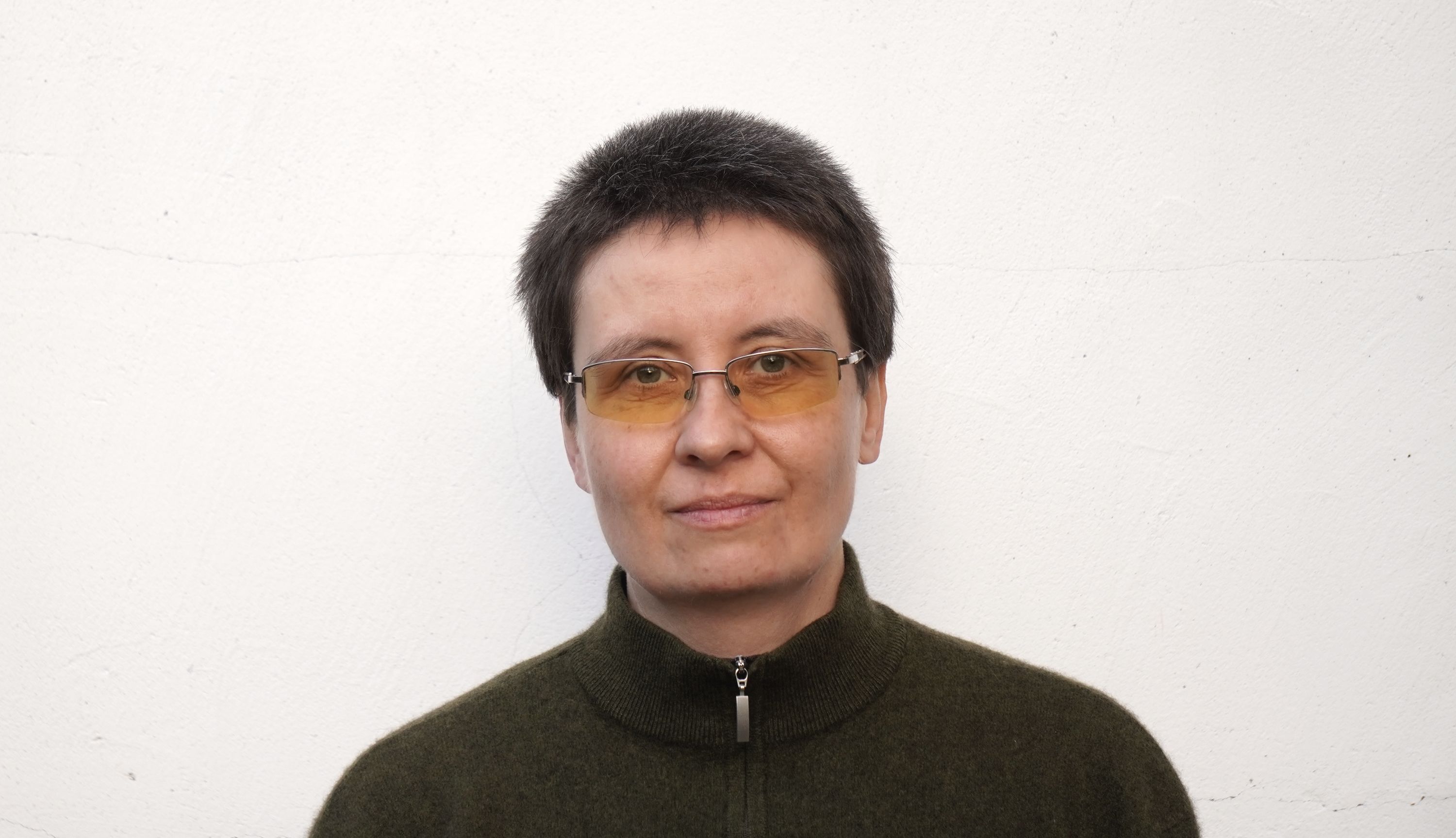


 Built with Shorthand
Built with Shorthand